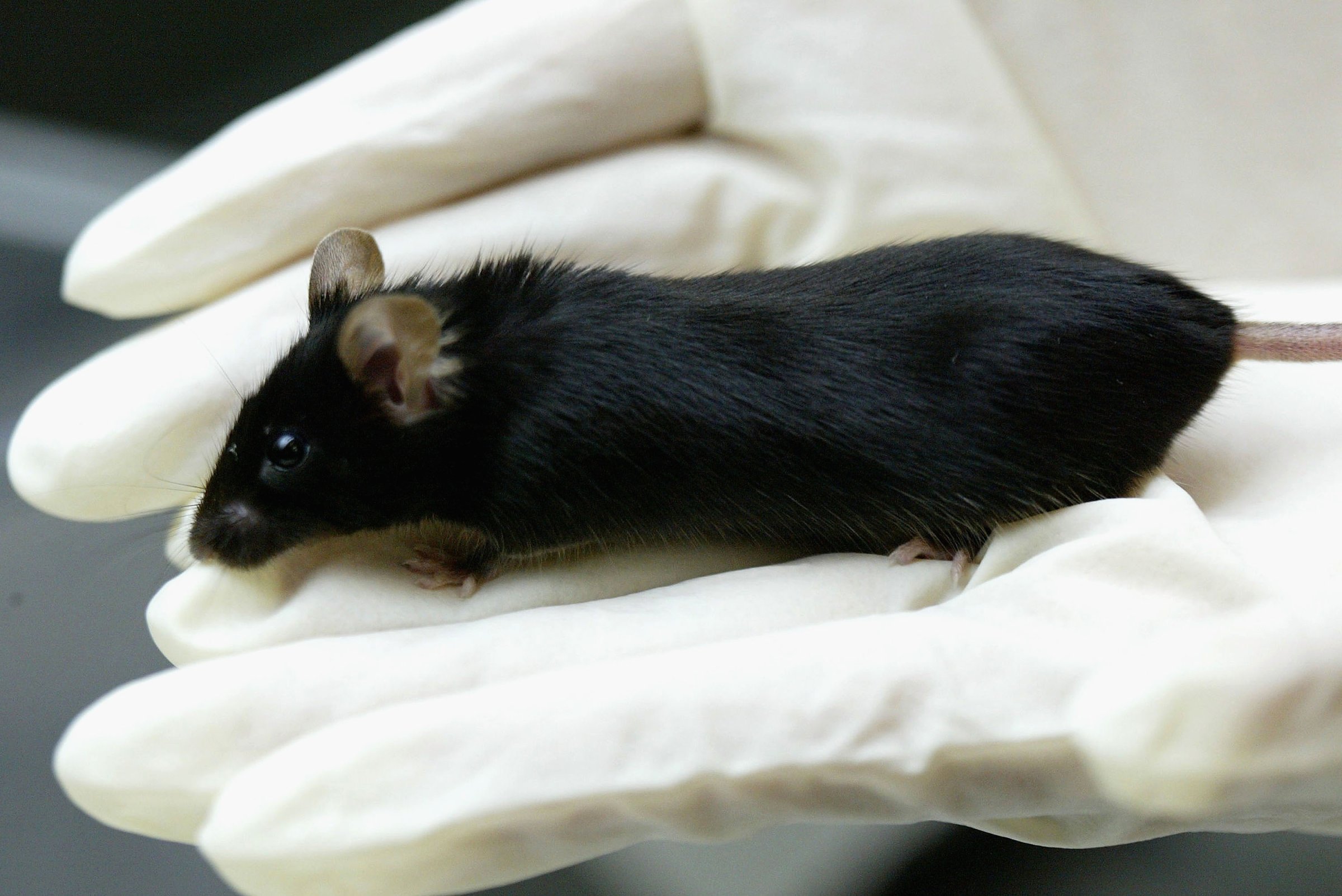
A recent study by Northwestern University showed that mice were able to get pregnant with 3-D printed ovaries — a development that could help lead to advances in restoring fertility and hormone production in women who have survived cancer.
After replacing their ovaries with 3-D printed copies, the mice were able to ovulate, give birth and nurse their young, according to the study published in Nature Communications.
“What happens with some of our cancer patients is that their ovaries don’t function at a high enough level and they need to use hormone replacement therapies in order to trigger puberty,” said Monica Laronda, a co-lead author of the study.
The 3-D printed structures used in the study were able to fulfill their goal to restore fertility and hormone production in the mice. Much more research is needed to determine if this approach can be used successfully in humans.
More Must-Reads From TIME
- The 100 Most Influential People of 2024
- The Revolution of Yulia Navalnaya
- 6 Compliments That Land Every Time
- Stop Looking for Your Forever Home
- If You're Dating Right Now , You're Brave: Column
- The AI That Could Heal a Divided Internet
- Fallout Is a Brilliant Model for the Future of Video Game Adaptations
- Want Weekly Recs on What to Watch, Read, and More? Sign Up for Worth Your Time
Contact us at letters@time.com